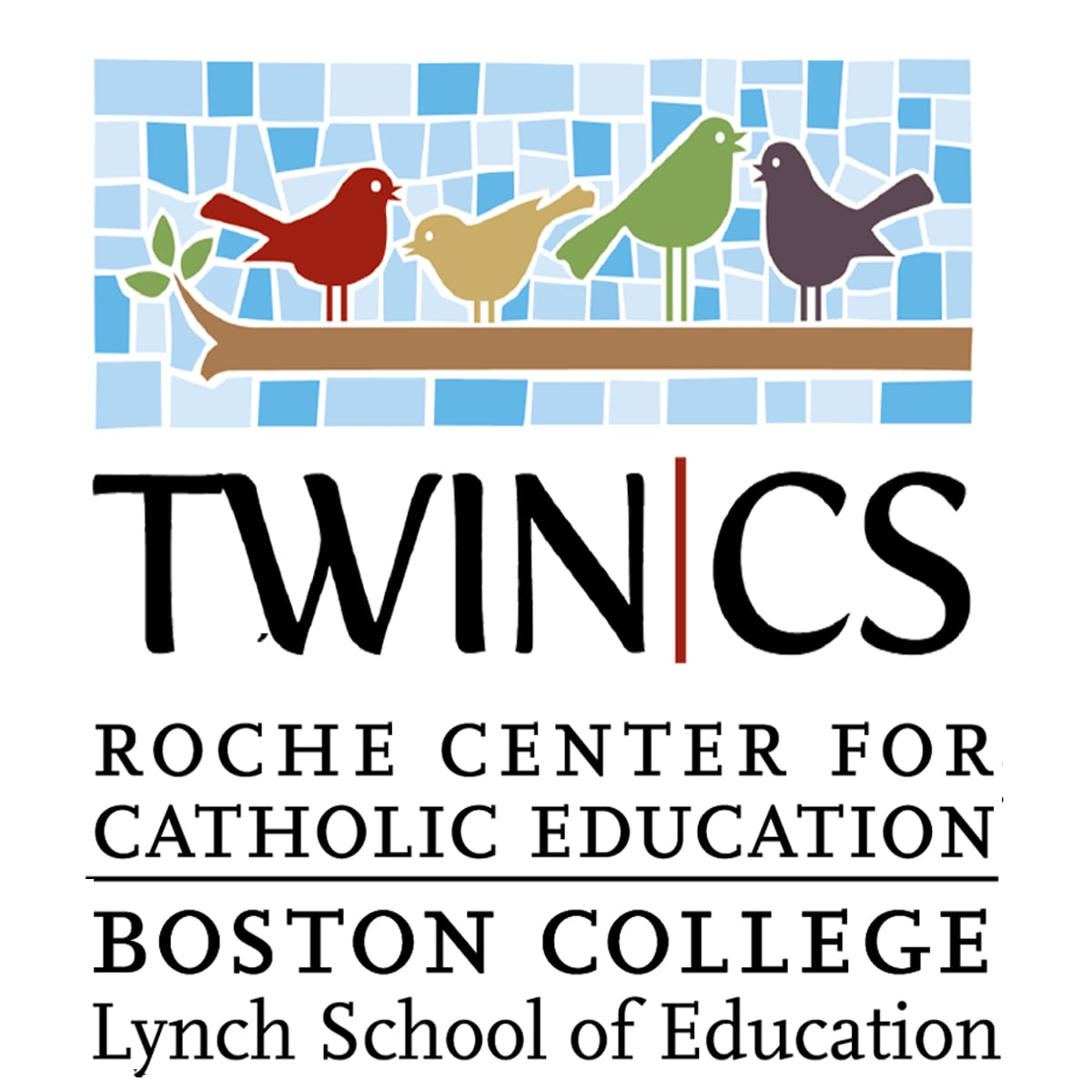Jay Mathews of The Washington Post wrote a short article titled “Half of the world is bilingual. What’s our problem?” The article addresses the monolingual standard in the United States in comparison to the vastly multilingual standards of the rest of the world.
Mathews argues that the United States has a culture of shaming multilingual speakers; he specifically references a 2018 Pew Research Center study which found that 22 percent of Hispanics “said someone had criticized them for speaking America’s most popular foreign language. Twenty percent said they had been told to go back to their home country.”
However, our high schools are heading in the opposite direction. According to Mathews, the Seal of Biliteracy is growing in popularity with thirty-five states and D.C. now placing it on high school diplomas. Dylan Rojas, a senior who will graduate with the Seal, has Spanish, Vietnamese, and Cantonese speakers in his family and states that “bilingualism is helpful when forming new connections with people around the country, whether it be for social or work purposes.”
Mathews references the U.S. Census Bureau which states that “only 20 percent of Americans can converse in two or more languages, compared with 56 percent of Europeans.” Furthermore, according to the article, experts contend that “about half of the human race is bilingual, at least.” A portion of the world’s population is multilingual and their multilingualism better markets them for jobs and other opportunities. For example, a recent survey of employers “found that 66 percent of them would give preference to an application with [the Seal of Biliteracy].”
And so, Mathews asks why the United States seemingly refuses to acknowledge its multilingual communities: “Why aren’t the millions of public school students from impoverished homes who can handle two languages similarly valued and praised?
Mathews entreats his audience to consider why the United States privileges its monolingual culture and instead asks us to “reconsider our pride in knowing only one language, or at least stop drawing attention to the gap between us and humanity in general.”

